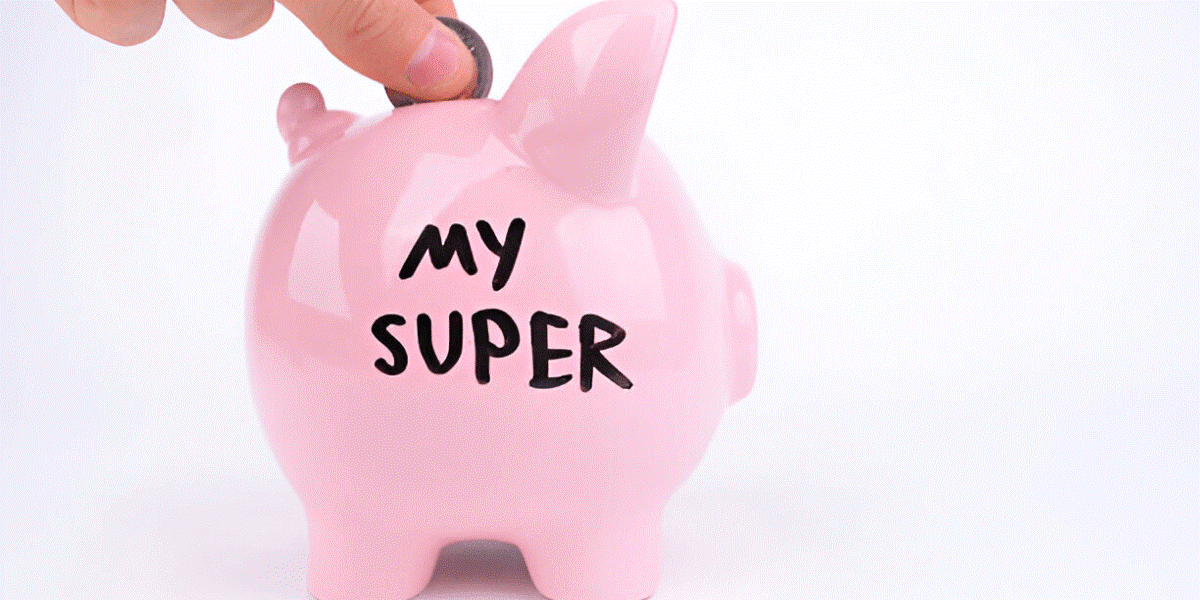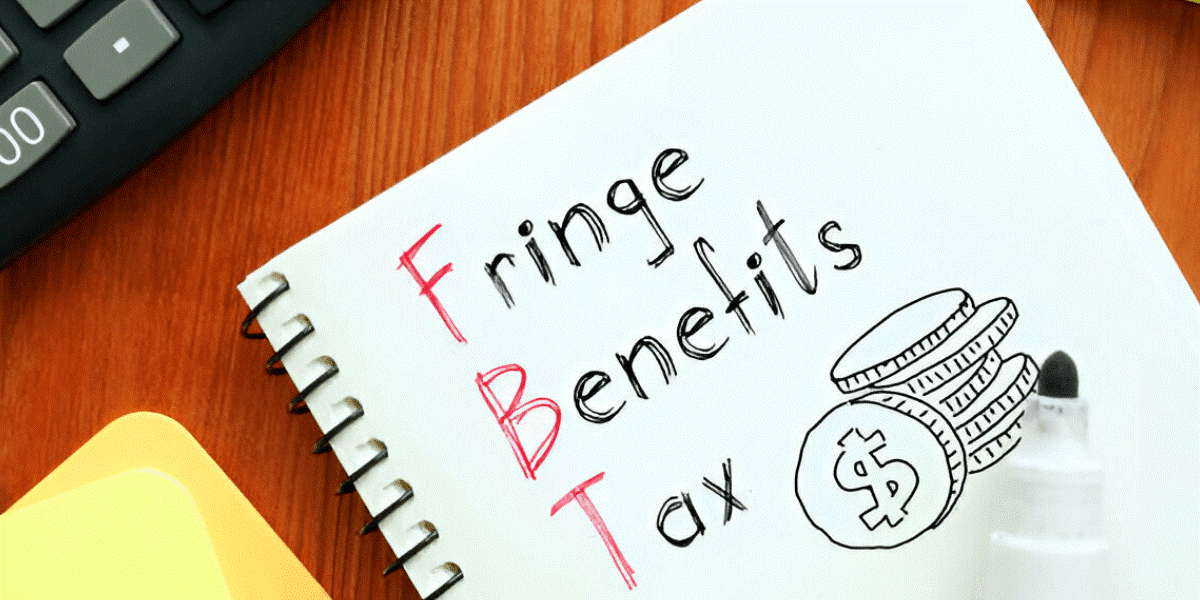Setup a Cryptocurrency Bitcoin SMSF with Tax App
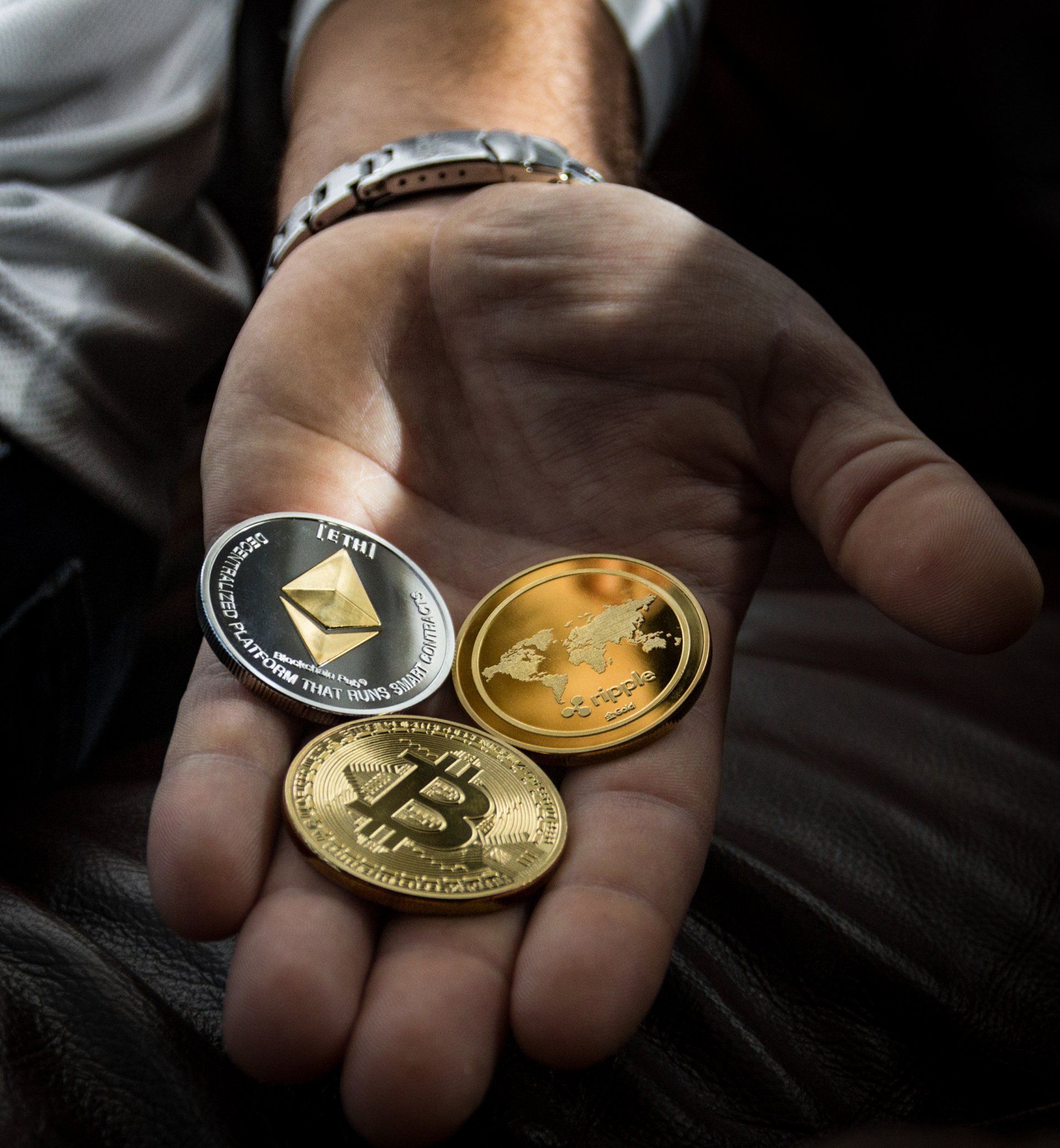
Should You Set Up a SMSF to Invest in Crypto?
Self-managed superannuation funds (SMSFs) are a popular way to invest for retirement in Australia. SMSFs can invest in a wide range of assets, including property, cash, shares and managed funds. Cryptocurrencies have become an investment asset class in recent years and some SMSF trustees may be considering investing in cryptoassets through their fund.
Before making any decisions about crypto assets and SMSFs, trustees should understand the risks associated with this new asset class and seek professional financial advice.
What are crypto assets?
Crypto assets are digital assets that use cryptography to secure their transactions and to control the creation of new units. Bitcoin, the first and most well-known cryptocurrency, was created as a decentralised peer-to-peer electronic cash system. Other types of cryptoassets include altcoins, tokens, utility tokens and security tokens. Due to their cryptographic security features, cryptocurrencies can be used as a store of value, like gold, or as a means of payment, like cash. Bitcoin, Ethereum, and Litecoin are examples of cryptocurrency. You can buy, sell, or trade cryptocurrency on exchanges. You can also hold cryptocurrency in a digital wallet.
The Australian Taxation Office (ATO) has published guidance on the tax treatment of cryptoassets held by individuals and businesses. The ATO treats cryptoassets held as an investment as capital gains tax (CGT) assets. This means that any CGT event that results in a capital gain or capital loss will be applied in accordance with the relevant provisions of the Income Tax Assessment Act 1997.
An individual may be liable for income tax on any profits they make from buying and selling cryptoassets if they carry on a business of buying and selling cryptoassets. If an individual holds cryptoassets as an investment, they will only pay capital gains tax on profits from selling those assets.
What are the risks associated with investing in crypto assets?
The price of bitcoin and other crypto assets is volatile and can go up or down quickly. Trustees need to be aware that the value of their fund’s investment could go down as well as up over time, so they could get back less than what they originally invested.
Another key risk is that ICOs (initial coin offerings) and token sales are largely unregulated so there is no investor protection if something goes wrong or the project is not completed as promised. Furthermore, it can be difficult to verify the identity of persons dealing in cryptocurrencies which increases the risk of fraud or theft. investors should also be aware that there is currently no recourse if something goes wrong with their investment.
Before you can invest in cryptocurrency through your SMSF, there are a few things you need to know and do first:
1. Understand the risks associated with investing in cryptocurrency. Cryptocurrency is a volatile investment and its value can go up or down quickly. You could lose all of your investment.
2. Make sure that your SMSF has enough money to cover the costs of buying and selling cryptocurrency. You will need to pay fees to the exchange on each trade you make. The ATO also charges an annual levy on SMSFs. Also accountant & auditor fees should be accounted for.
3. Find a reputable exchange that allows you to trade cryptocurrency with Australian dollars. Some popular exchanges include Coinspot Coinbase, Swyftx, and Binance. SMSF should be setup first and account should be in both SMSF's and trustee names e.g. John Smith acting as trustee for JS Crypto SMSF.
4. Set up a digital wallet to store your cryptocurrency investment. You will need to generate a private key and public address for your wallet. Do not lose your private key as it cannot be recovered if lost!
5. Once you have purchased cryptocurrency, you will need to keep track of your investment for tax purposes. The ATO requires that you maintain records of all transactions involving cryptocurrency.
Investing in cryptocurrency through your SMSF is possible but there are some things you need to know and do first, such as understanding the risks associated with investing in cryptocurrency, making sure your SMSF has enough money to cover the costs of buying and selling cryptocurrency, accountant & auditor fees, finding a reputable exchange that allows you to trade cryptocurrency with Australian dollars, setting up a digital wallet to store your investment, and keeping track of your investment for tax purposes.
Deciding whether or not to invest in crypto assets through an SMSF is a decision that should not be taken lightly due to the various risks involved. Trustees should seek professional financial advice before making any decisions about investing in crypto assets.
If you have already made a decision to setup a Crypto SMSF, talk to us!
Disclaimer:
The content of these blog posts is intended to be of a general nature and should not be construed as tax or any other form of advice. We do not guarantee the accuracy or completeness of the information provided in these blog posts. It is imperative that you consult with a qualified professional, such as a certified accountant at Tax App, before taking any action based on the advice or information contained herein. Your specific financial and tax situation may require personalised guidance, and a professional consultation is recommended to ensure compliance with applicable laws and regulations.
Get Started with Us
Connect with Australia’s most innovative accountants today. Fill out our contact form, and let’s discuss how we can help you achieve your financial goals. Together, we’ll create a tailored action plan that maximises your tax savings.
Awards!
⭐⭐⭐⭐⭐
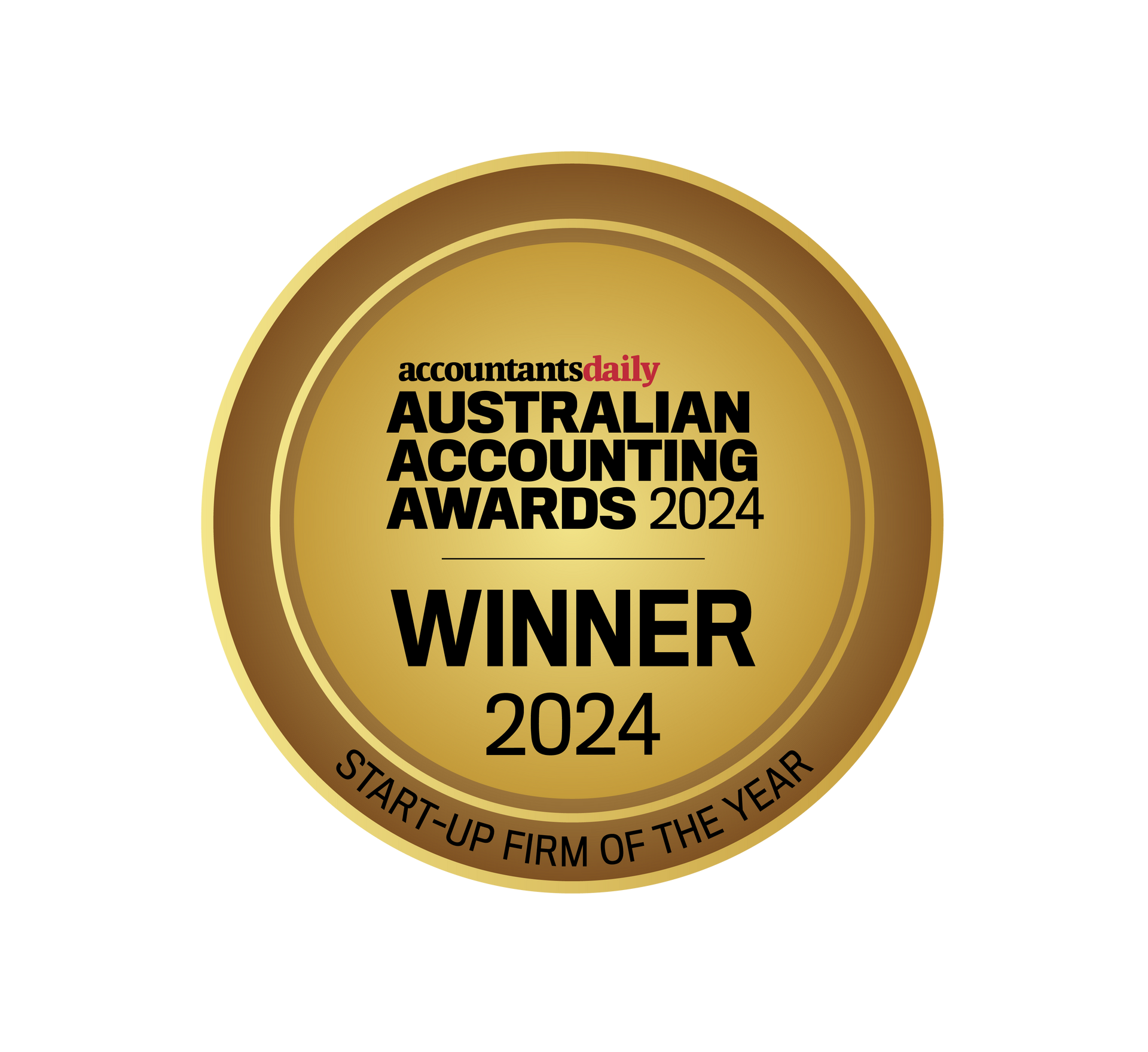
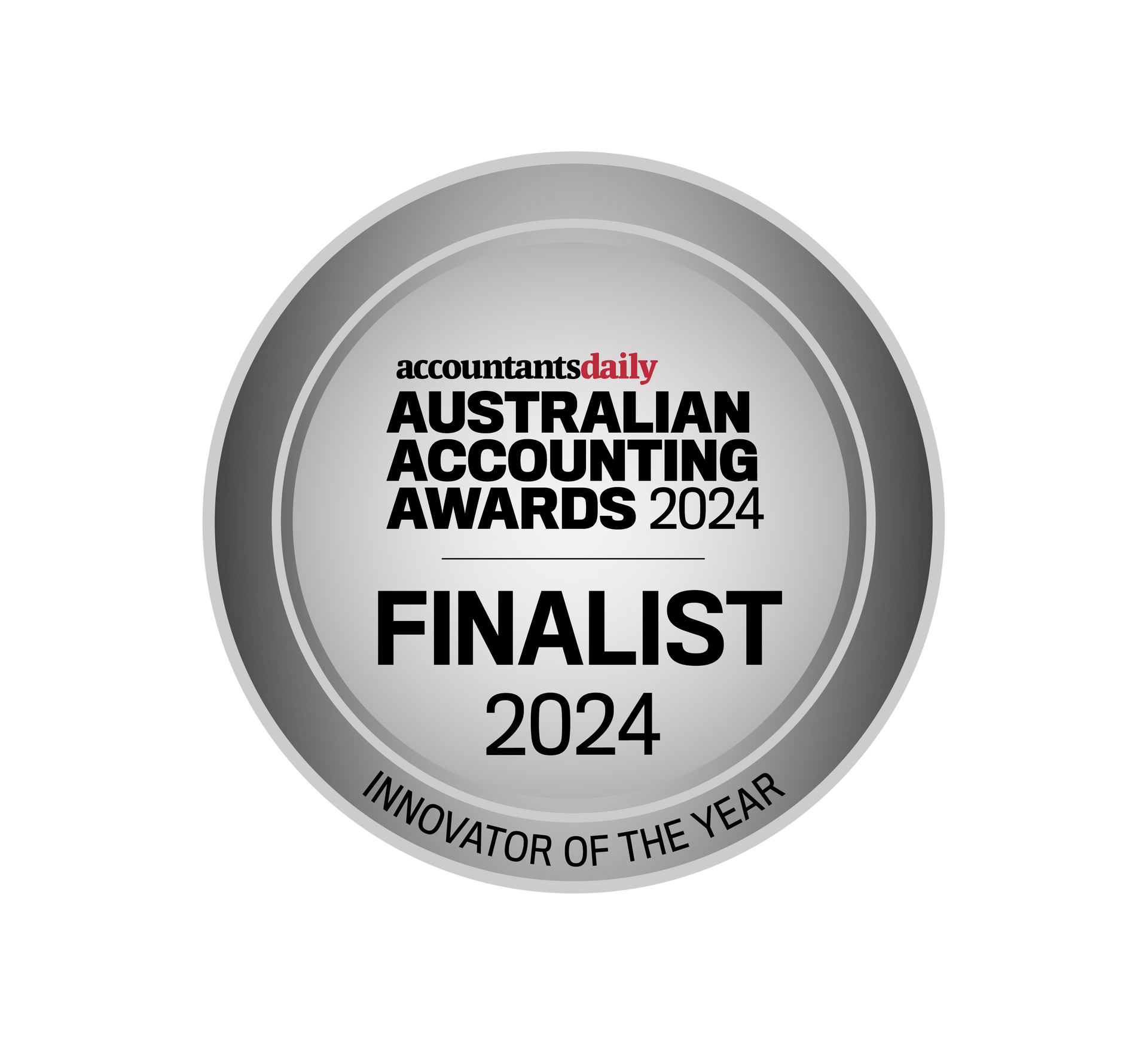

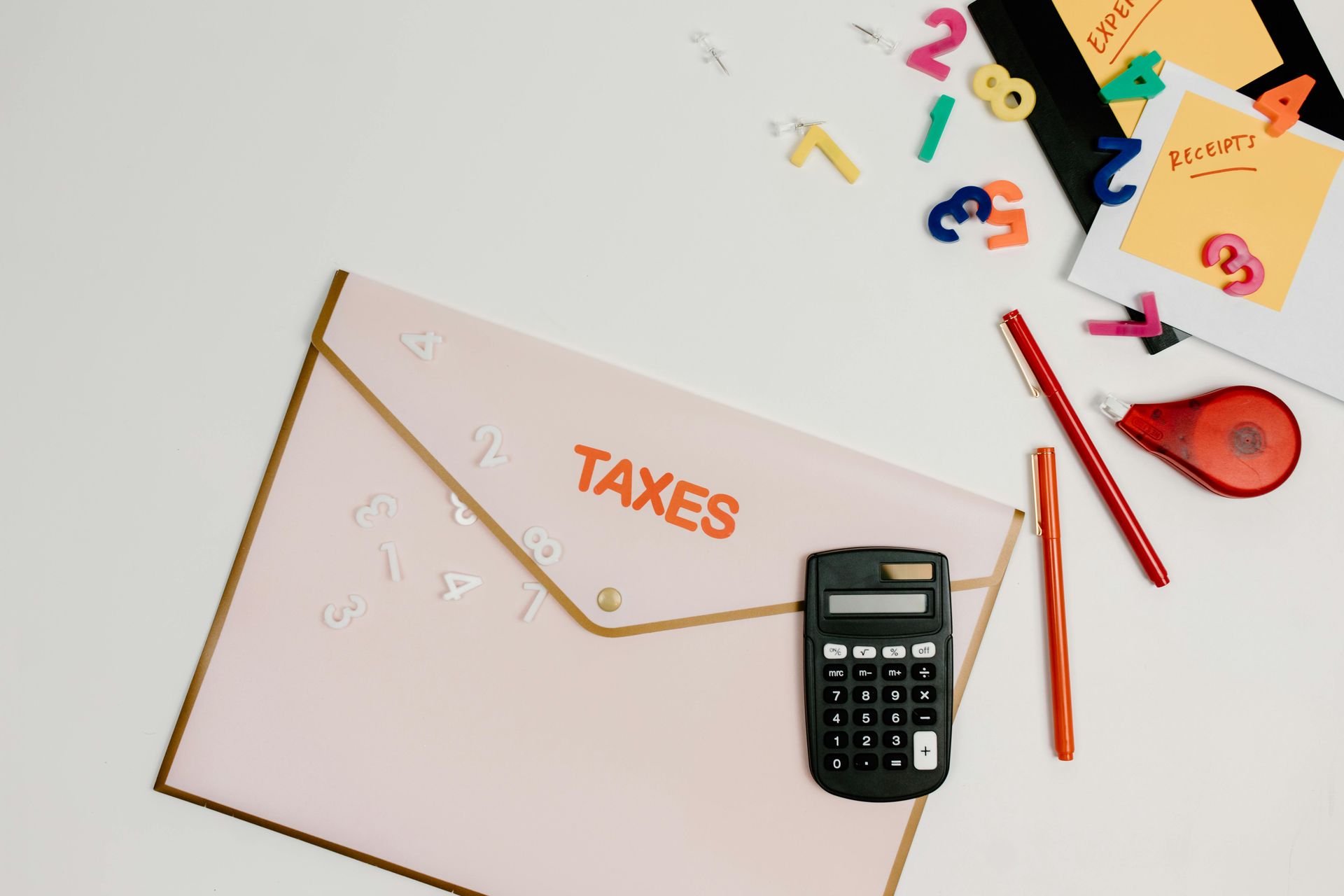
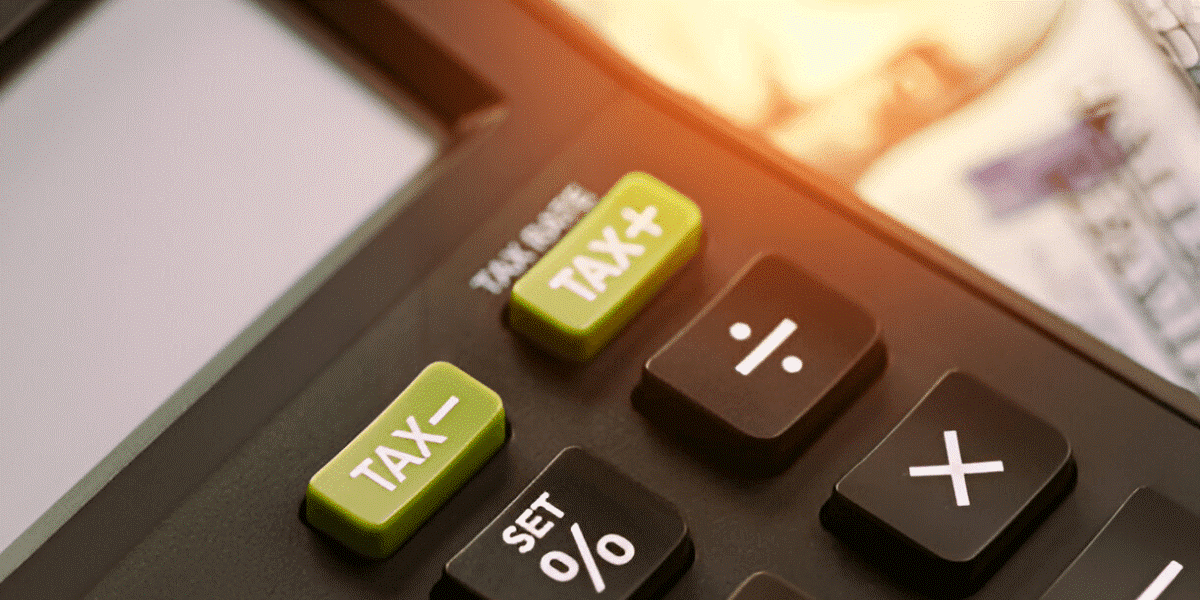
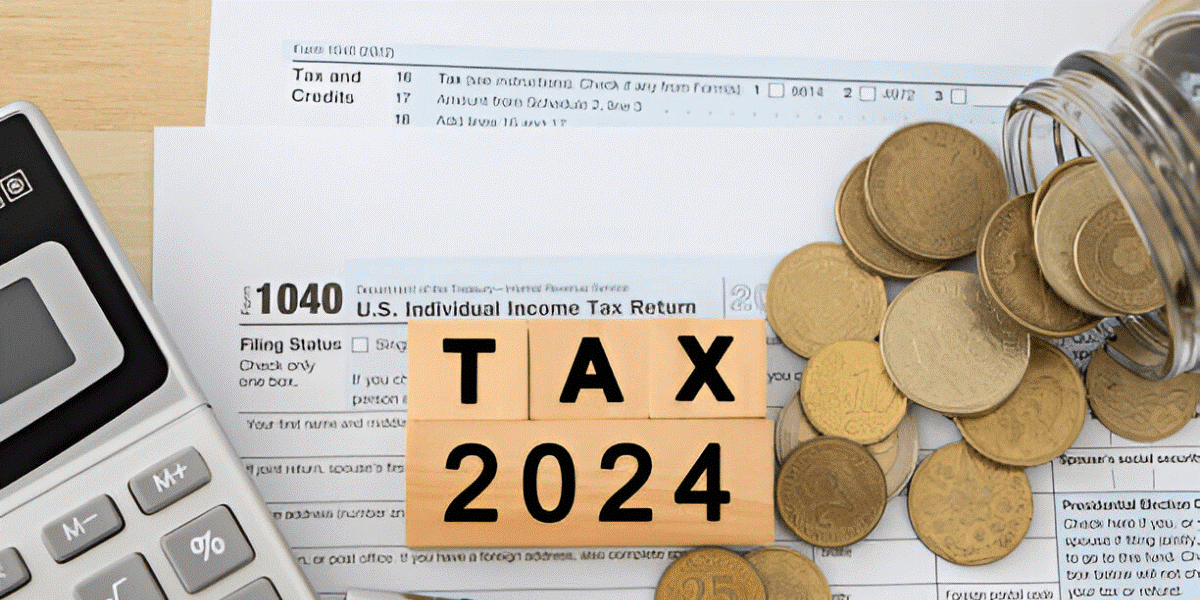
At Tax App, we offer Sydney Local, Online Accounting and Tax Services for individuals and small businesses in our community. Our technology and experienced team provide efficient and personalised solutions to streamline financial management. Trust us to be your partner in success.
Chartered Accountants
Liability limited by a scheme approved under Professional Standards Legislation
All Rights Reserved | Tax App Pty Ltd
Useful Links
Contact Us
Disclaimer: The content of this website is intended to be of a general nature and should not be construed as tax or any other form of advice. We do not guarantee the accuracy or completeness of the information provided in this website. It is imperative that you consult with a qualified professional, such as a certified accountant at Tax App, before taking any action based on the advice or information contained herein. Your specific financial and tax situation may require personalised guidance, and a professional consultation is recommended to ensure compliance with applicable laws and regulations.




